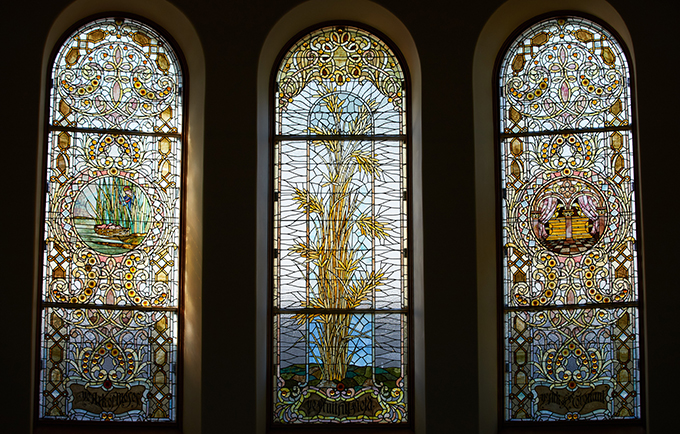In light of the recent merger, we asked a trustee, a professor, a recent graduate, and a staff member of San Francisco Theological Seminary (SFTS), “What should the University of Redlands community know about SFTS?” Here are some answers, which shed light on the special nature of the SFTS enterprise.
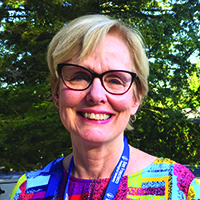
“SFTS is not what you would consider a Bible college. The values of Christianity that SFTS adheres to are the same values people are discovering most religious traditions have in common—the value of loving your neighbor. It is open, inclusive, affirming, and committed to changing societal injustice. ... The match between U of R and SFTS is incredible, because the life of faith is, essentially, expressing a sense that justice is what we’re called to serve in the world. And whether you do that with Christianity or another faith tradition isn’t as important as the fact you’re doing it and doing it wholeheartedly.”
—Rev. Mary Louise McCullough, M.Div. ’02, former SFTS trustee and head of staff at Second Presbyterian Church, Nashville, Tennessee
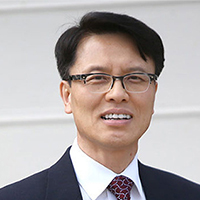
“At San Francisco Theological Seminary, we conduct research and teaching in the areas of literature, history, theology, and spirituality of the Judeo-Christian traditions. The education at SFTS emphasizes original sources, both textual and nontextual, and it fosters critical thinking and contextual interpretation. As part of the Graduate Theological Union [a Bay Area consortium of eight private independent American theological schools and 11 multifaith centers and affiliates], it pursues theological education in the highly interdenominational as well as interreligious contexts. ... SFTS is to a large extent about the future of Christianity and theological education. We are not hesitant in exploring new ideas that may not have been part of our tradition, and that’s what I mean by progressiveness as a characteristic of SFTS education. That’s intriguing and fascinating, and one of the reasons that I came here.”
—Rev. Eugene Eung-Chun Park, Dana and David Dornsife Professor of New Testament
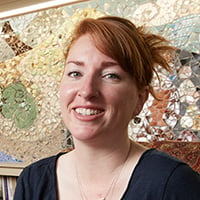
“SFTS resonated with me because I wanted the academics and foundational knowledge, but I also wanted the ability to be creative with what I was learning. In my classes, for example, I’ve learned about black culture and black history. ... I now have a much broader context for other people’s lived experiences, and I want to use what I learned to uphold everyone. ... I know a lot of us are really excited about the potential of what the Church can be. What will it look like in the future? How inclusive will it be? Showing people you care, creating connections, and helping to promote healing no matter what your faith—that’s what’s important, and that’s what we’re learning here.”
—Ashley Pogue ’19, recent graduate of the Master of Divinity program
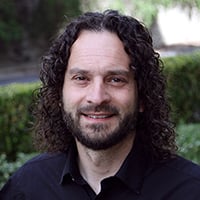
“We are the only seminary in California with an accredited clinical pastoral education program, an intensive curriculum in which clergy and lay people deepen and enhance their spiritual care skills. Students learn by providing spiritual care, then they come back to the group and reflect on the work they’ve done. Generally, clinical pastoral education is taught in a hospital or other institutional setting. What makes our program special is that students can do clinical work in a community ministry setting of their choice. To have that offered in the context of a seminary, in a community-based rather than an institutional context, is quite unique.”
—Rev. Paul Gaffney, M.Div. ’04, program manager of community relations, spiritual care, and direct services Shaw Chaplaincy Institute for Spiritual Care + Compassionate Leadership
Read more about the merger in Bulldog Blog stories “Two become one, and stronger together” (the memo announcing the finalization of the merger), "Made for each other: the inside story of a historic union," and “Dual U of R-SFTS alumni find their paths converge."

